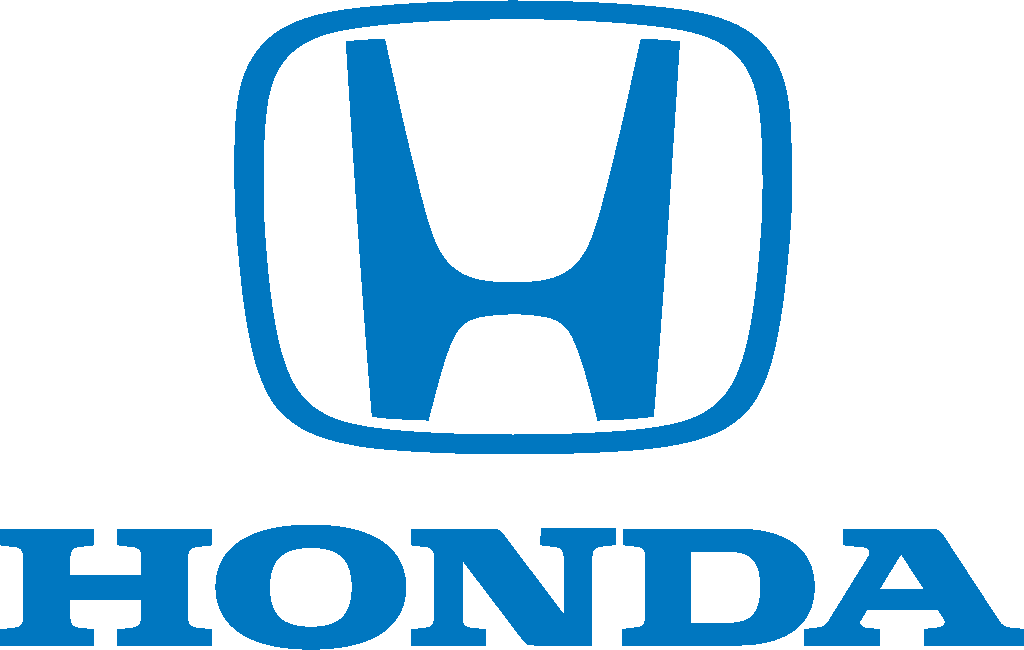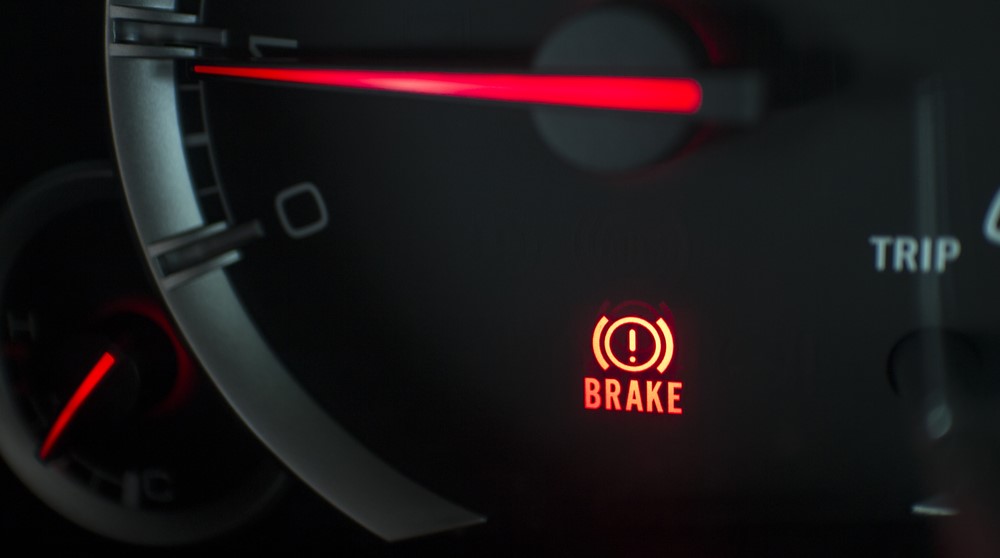Let's face it, your vehicle relies on a plethora of fluids to keep it functioning. Oil, fuel, coolant, and brake fluid, to name just a few. But brake fluid is absolutely essential. Without it, stopping becomes a major challenge! So, what occurs if you're out of brake fluid? We've got you covered with answers to all your brake fluid inquiries!
What role does brake fluid play in your vehicle? In a nutshell, it's the key to making your brakes operational. When you press the pedal, the fluid is pressurized and travels through the lines to the calipers. These calipers force the brake pads against the rotors, generating friction and ultimately halting your car. If there's insufficient brake fluid, this entire mechanism becomes less effective. So, keep your reservoir topped off and ensure your safety while driving!
How can you tell if your brake fluid is dwindling? Your vehicle is quite adept at alerting you when something's amiss. Low brake fluid is no exception. Here are a few warning signs:
- Dashboard brake light is on: An illuminated brake light on your dashboard may indicate low brake fluid. But, it might also signal another brake-related issue that needs addressing.
- Difficulty pressing the brake pedal or it feels too soft: This could suggest low brake fluid levels. However, contaminated fluid or air in the system might also be the cause.
- Fluid pools near one or more wheels: If you spot fluid puddles near one or more of your wheels, it's a strong indication of a brake fluid leak. If you find a puddle close to a wheel that is clear to brownish in color and has a slippery texture similar to vegetable oil, it's probably brake fluid.
- Brakes don't function as efficiently as before: If you notice that your brakes aren't as effective as they once were or feel different, it's crucial to have them inspected promptly to identify any problems and avert potential safety hazards.
Nobody wants to face a perilous situation on the road. So, if you observe any of these symptoms or your brakes aren't performing as they should, don't hesitate. Visit our service center at Kunes Honda of Quincy for a brake inspection without delay.
Your vehicle's braking mechanism is heavily dependent on brake fluid. Although it doesn't need frequent replacements, brake fluid can become low or deteriorate over time. A common reason for low brake fluid is leakage, but don't assume that's the issue if you see puddles beneath your car.
Then, identify the fluid by its appearance and location. Brake fluid typically appears clear to brown and has a slick consistency similar to vegetable oil. If you spot a puddle close to a wheel with these traits, it's likely brake fluid.
Occasionally, low brake fluid levels happen without visible leaks. If this happens to your vehicle, the issue could be internal leakage into the brake booster or worn brake pads causing more fluid to be held in the calipers.
Driving with no brake fluid is strongly discouraged, as it can lead to complete brake failure, posing a significant safety risk. In this situation, alert other drivers by pumping the brake pedal and activating your hazard lights. Gently engage the parking brake to downshift the transmission into lower gears, and attempt to safely move off the road onto a surface with increased friction, such as grass, dirt, or weeds. If your parking brake doesn't engage, carefully shift your car into low gear and steer cautiously to a stop.
To prevent potential brake issues and ensure your brake fluid is at the correct level, book a brake inspection at our service center. Don't gamble with your car's brakes!



